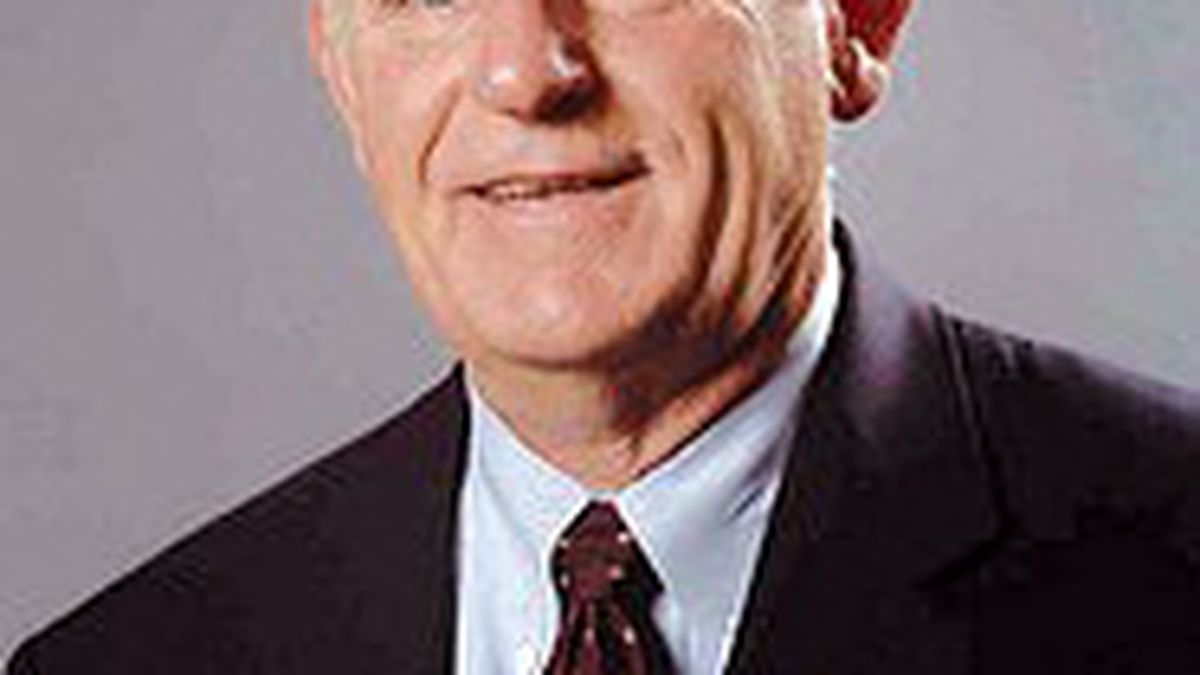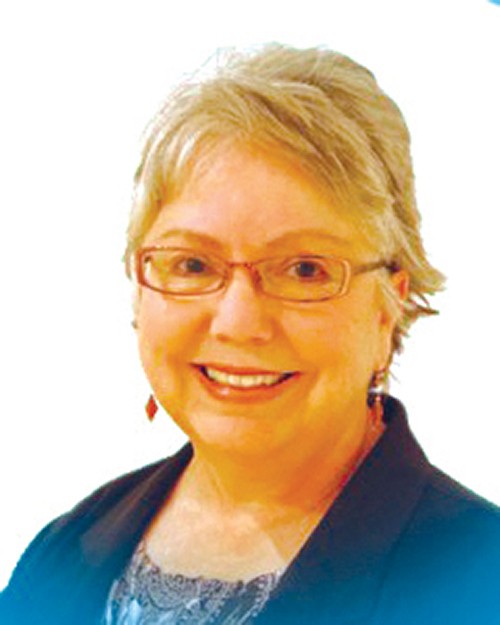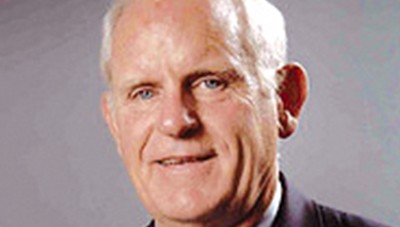In November, a broad coalition of Richmond progressives banded together to defeat Chevron’s $3 million campaign to regain control of city government. The stunning victory over the corporate giant captured the attention of the national media and created a citywide sense of euphoria. But just four months later, progressive harmony has dissolved into backbiting and mistrust as one faction makes a bid to gain control of the city council.
The fracture occurred over a routine appointment to the council seat left vacant by Tom Butt when he was elected mayor in November. The council needs to appoint a seventh councilmember to make itself whole. The problem is that the council is split, with three of its six remaining members — those who represent the Richmond Progressive Alliance (RPA) — insisting that only two of eighteen applicants for the job are acceptable. At last week’s special meeting, the council voted on seven of eighteen applicants and each ballot failed to produce the four votes necessary to make the appointment.
If the council cannot make an appointment by March 13, the decision goes to a special election next November at an estimated cost of $200,000 to Richmond taxpayers. In addition, it would be the first time in at least 25 years that the council will have failed to make an appointment, according to the Richmond City Clerk’s Office. A special election could also impede city business for nine months while a divided, lame duck council engages in campaign-like upstaging and bickering.
Historically, the council has made appointments like this one without much difficulty, and has typically used the opportunity to select a unifying candidate. But this time, the appointment process has been characterized by political posturing and accusations among progressives, who for years have worked well together.
The council’s three RPA members — Gayle McLaughlin, Jovanka Beckles and Eduardo Martinez — are on one side. On the other is Mayor Butt, a veteran councilmember with a long record of opposing Chevron and advocating for good government policies; Councilmember Jael Myrick, who is also a progressive and was appointed to the council in 2012 before handily winning a four-year term in 2014; and Councilmember Nat Bates, a conservative who is Chevron’s only remaining ally on the council.
A diverse group of eighteen people applied for the council appointment and roughly half of them have solid progressive track records and excellent qualifications. One applicant is Rosemary Corbin, a progressive former mayor of Richmond. McLaughlin admitted during last week’s meeting that she had appointed ten of the eighteen applicants to various commissions during her two terms as mayor.
But at the last week’s meeting, McLaughlin, an RPA co-founder, said only two of the eighteen candidates were acceptable to her. Her primary choice is fellow RPA member Marilyn Langlois, an activist who worked on McLaughlin’s mayoral staff and has served for two years on the planning commission. “It’s 100 percent clear that Marilyn Langlois is the stellar candidate. Everyone is great, but she shines a bit higher,” McLaughlin said. “She shouldn’t be discriminated against because she shares the values of the Richmond Progressive Alliance.”
Myrick said he wasn’t discriminating against Langlois and that she is certainly a qualified applicant. But he said appointing her would give too much power to one group — the RPA — without voter approval. Having four members of the council would allow the RPA to dominate the panel and greatly curtail Butt’s authority as mayor. “I don’t feel comfortable voting to appoint a fourth RPA member to this council,” Myrick said. “And the reason is not anything against the RPA, it’s just that if that much power is going to be concentrated in the hands of one organization, I think it needs to happen through the normal course of an election.”
The RPA councilmembers also put forward Claudia Jimenez, a community organizer with strong ties to the RPA. Jimenez has worked extensively with Richmond’s immigrant community, but she has limited government experience compared to the majority of the eighteen applicants. Butt has said publicly that he won’t vote for Langlois and that he has concerns about Jimenez’s lack of government experience.
Myrick and Butt put forward five other qualified applicants, all of whom the three RPA councilmembers refused to vote for. They included Corbin, an established progressive who was elected to the council four times with no corporate support, and Sheryl Lane, who is currently the chair of the Richmond Planning Commission. Lane has a master’s degree in management and urban policy and worked as a policy analyst for the mayor of San Jose. Currently, she works for a nonprofit that serves low-wage workers. The RPA councilmembers also declined to vote for Ben Choi, an account manager who has served five years on the Planning Commission. Choi would have been a welcomed appointment to the city’s Asian-American community, which makes up 12 percent of city residents and has been chronically underrepresented on the council.
RPA members have been acting as though the November election gave them a mandate to take the council majority even though they lack evidence to support that. Voter turnout was very low and it’s not clear if the majority of voters were simply voting against Chevron’s bold attempt to purchase city power, or for Butt, who has been building a progressive constituency for nineteen years. The other possibility is that the progressive victory was due to the RPA’s accomplishments, such as holding Chevron accountable for polluting the city. However, the RPA also relied heavily over the years on the support of Butt, Myrick, and many others for most its achievements.
Several council watchers were shocked last week when RPA co-coordinator Mike Parker claimed the group was responsible for ending corruption related to a political machine run by former fire Captain Darrell Reese, a union boss who at one time controlled the council majority. “I want to point out what the RPA represents is people who have organized and fought for years because that is what it took to break the domination of this city by Chevron and by the corrupt Darrell Reese machine,” Parker said in public comments to the council.
But Parker’s remarks flew in the face of the city’s history and ignored the efforts of Congressman George Miller, former Assemblymember Dion Aroner, Supervisor John Gioia, Councilmembers Butt, Corbin, and Dave McDermott — all of whom belonged to an organization, West County United, which was formed to end Reese’s control over the city. Then there was the FBI, federal prosecutors, and the news media, which all contributed to Reese’s conviction on tax evasion charges long before the RPA was founded. Parker also ignored the good government polices carried out by County Administrator Phil Bachelor and City Manager Bill Lindsay, which dramatically reformed Richmond’s longstanding culture of government corruption.
Nonetheless, most agree the RPA has given an effective voice to Richmond’s voiceless and it has inspired a new generation of Richmond activists. “The RPA deserves credit for establishing a political climate where the norm is progressive politics and the city, as a whole, has benefited from their work,” said Myrick. “However, that does not mean that any organization deserves complete power.”

















